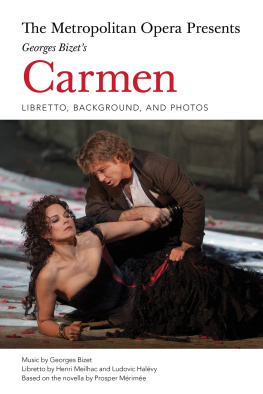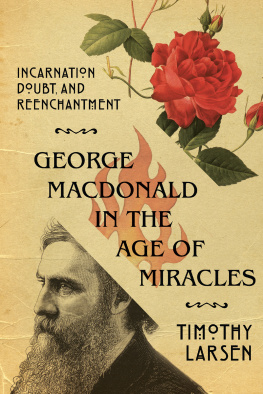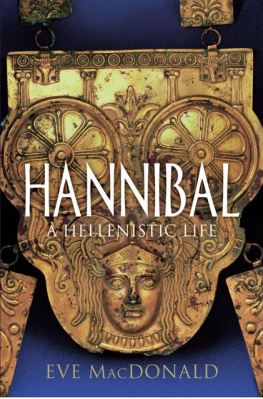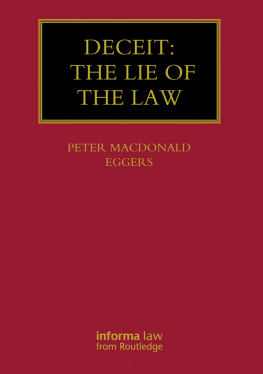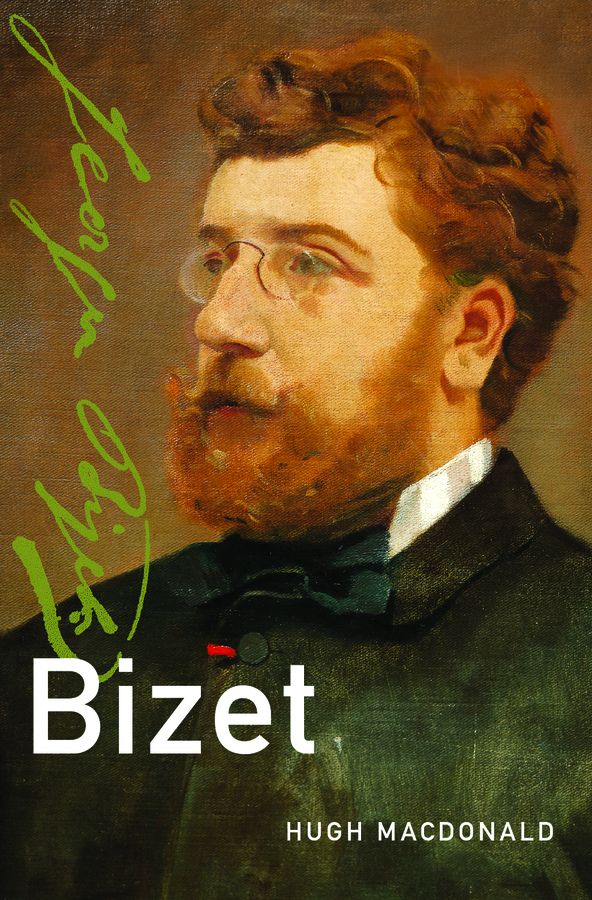SERIES EDITED BY R. LARRY TODD
THE MASTER MUSICIANS
BIZET

HUGH MACDONALD


Oxford University Press is a department of the
University of Oxford. It furthers the Universitys objective
of excellence in research, scholarship, and education
by publishing worldwide.
Oxford New York
Auckland Cape Town Dar es Salaam Hong Kong Karachi
Kuala Lumpur Madrid Melbourne Mexico City Nairobi
New Delhi Shanghai Taipei Toronto
With offices in
Argentina Austria Brazil Chile Czech Republic France Greece
Guatemala Hungary Italy Japan Poland Portugal Singapore
South Korea Switzerland Thailand Turkey Ukraine Vietnam
Oxford is a registered trade mark of Oxford University Press
in the UK and certain other countries.
Published in the United States of America by
Oxford University Press
198 Madison Avenue, New York, NY 10016
Oxford University Press 2014
All rights reserved. No part of this publication may be reproduced,
stored in a retrieval system, or transmitted, in any form or by any means,
without the prior permission in writing of Oxford University Press,
or as expressly permitted by law, by license, or under terms agreed with
the appropriate reproduction rights organization. Inquiries concerning
reproduction outside the scope of the above should be sent to the
Rights Department, Oxford University Press, at the address above.
You must not circulate this work in any other form
and you must impose this same condition on any acquirer.
Library of Congress Cataloging-in-Publication Data
Macdonald, Hugh, 1940-, author.
Bizet / Hugh Macdonald.
pages cm.(The master musicians)
Includes bibliographical references and index.
ISBN 978-0-19-978156-0 ebook ISBN 9780199384730 (hardback : alk. paper) 1. Bizet, Georges, 1838-1875.
2. ComposersFranceBiography. I. Title.
ML410.B62M12 2014
780.92dc23
[B] 2013041576
1 3 5 7 9 8 6 4 2
Printed in the United States of America
on acid-free paper
Winton Dean (19162013)
IN MEMORIAM
Contents
ENGLISH-SPEAKING READERS HAVE BEEN WELL SERVED FOR MANY YEARS BY THE books on Bizet by Winton Dean and Mina Curtiss in addition to the continuing stream of articles, reviews and popular glosses on Carmen. As one of the most frequently performed operas in the repertoire, Carmen offers a permanent challenge to stage directors whose concept of the femme fatale or of the place of gypsies in society or of the otherness (to the French) of Spanish music may be represented, it seems, in an infinite variety of ways. Conductors and singers continue to find the allure of the opera Carmen as irresistible as the gypsy Carmen was to Don Jos himself.
My own inclination to offer a new study of Bizet in English is prompted less by a desire to add anything new to the discussion of Carmen, and more by curiosity about the rest of his uvre and by a desire to set the composer in the context of French music of the Second Empire in which he displayed, as far as his contemporaries could tell while he was still alive, great talent but not actual genius. For Bizet himself Carmen was a part of his consciousness only during the last two years of his life. It is easy to judge his earlier music with the hindsight that Carmen provides, but it is historically unfair to do so since each work had to contend with the librettists, the performers, the managements, the public and the press that circumstances offered, not with some distant goal of which not even an embryonic outline can be traced. I have attempted therefore to judge each work on its merits and on what it meant to Bizet himself and his public. I have avoided the concern with Verdi and Wagner that has obsessed critics from his own time up to the present, since although he may have occasionally adopted gestures or musical language from those composers, consciously or not, they were of little significance in his own development as a composer. I also discuss Bizets operas and songs in the form in which he wrote them, not in any of the spurious versions that have become ingrained in tradition and habit.
Winton Deans book in this series of Master Musicians appeared in , and despite his harsh criticism of certain works he has always been seen as a champion of Bizet in the face of the casual dismissal that works other than Carmen continue to attract. He was also severe on the French for their failure to treat Bizet as a great national figure. There is still no critical edition of his works and no collected correspondence, important tools for the study of his life and works whose absence would be unthinkable if Bizet had been German.
When Mina Curtisss book on Bizet appeared in . In the present book I do not claim to provide any deeper insights into those aspects of Bizets life, especially since Bizets more recent French biographers Rmy Stricker and Herv Lacombe have both used the Halvy documents sensitively and comprehensively in their depictions of the composer.
My first aim was to establish a comprehensive catalogue of his works, a task which had not been attempted before, it being deemed impossible so long as the archives of the publisher Choudens remained inaccessible to scholars. In recent years, however, these materials have become more accessible, yet the catalogue remains provisional, as all such catalogues must be. My Bizet Catalogue is to be published online through Washington University Libraries (digital.wustl.edu/bizet) or in book form in due course.
In assembling the Catalogue it became clear to me that the story of Bizets life needed to be rewritten since new works and new details about the composition, performance and publication of the known works were coming to light. I have divided the main part of the book into chronological sections, each one of which encompasses one of his nine main operatic adventures. The vast extent of Bizets work as a transcriber of other composers works, furthermore, has never been grasped before, shedding light on his relationships with his older contemporaries, especially Gounod and Reyer, and on his sometimes competitive, sometimes fraternal relationships with musicians of his own age. The work of the two French biographers just mentioned, Stricker and Lacombe, has provided much that needs to be incorporated in the story, as well as the invaluable work done by Lesley A. Wright over a period of thirty years. I am happy to acknowledge a profound debt to all three scholars and to dedicate the book to the memory of Winton Dean, whose encouragement over forty years ago (when my concern was Berlioz, not Bizet) has stood me in good stead ever since.







